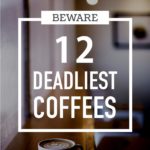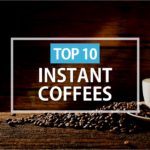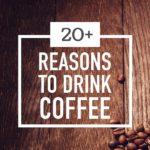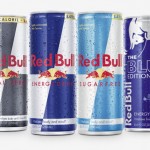| Click here to Buy Stamina for Men from the official source. |
Nootropics: Caffeine, Ingredients and Warnings
Nootropics are one of the fastest growing supplement categories and these products are flooding the marketplace.
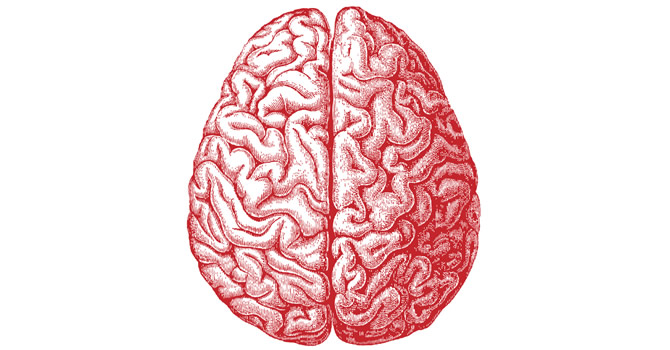
What is a nootropic?
According to Webster’s dictionary, the word means “a substance that enhances cognition, memory, and facilitates learning.”
Therefore, nootropic supplements contain a blend of herbs and other ingredients believed to promote optimal brain function.
But, what do almost all nootropics have in common? CAFFEINE
Caffeine is one of the most prominent ingredients in many of these supplements and consumers should be aware of how much they are consuming through nootropics. Caffeine is often hidden in nootropic ingredients such as green tea, green coffee, guarana, and yerba mate.
Caffeine Amounts in Popular Nootropics
| Nootropic Brand | Caffeine amount per serving |
|---|---|
| Optimind | 150 mg (free trial) |
| NuTraMint | 200 mg |
| Addieup | 100 mg |
| Bio Energy | 100 mg |
| Focus+ | 100 mg |
| Neuro Clarity | 0 mg |
| Lumidex | 0 mg |
| Brainergy | 200 mg |
| Focus | 100 mg |
| Smart Caffeine | 100 mg |
| Alpha Brain | 0 mg |
| Excelerol | 150 mg |
| Optineuro | 110 mg |
| NuMatrix | 126 mg |
| Active Mind | 50 mg |
| Nootroo | 100 mg |
| Nootrobox Sprint | 100 mg |
| Tru Brain | 80 mg |
| Neurogum | 40 mg |
| Thrivous Surge | 100 mg |
| Cerebral Success | 80 mg |
| Brainzyme | 107 mg – 160.5 mg |
| Brain Boss | 100 mg |
| CRIT (ggLabs) | 200 mg |
Brands that don’t disclose:
There are several nootropic brands that don’t disclose caffeine amounts. Due to caffeine use safety, we recommend that the following supplements be avoided.
- Focus Boost
- NeuroNRG
- Addium
- Koios
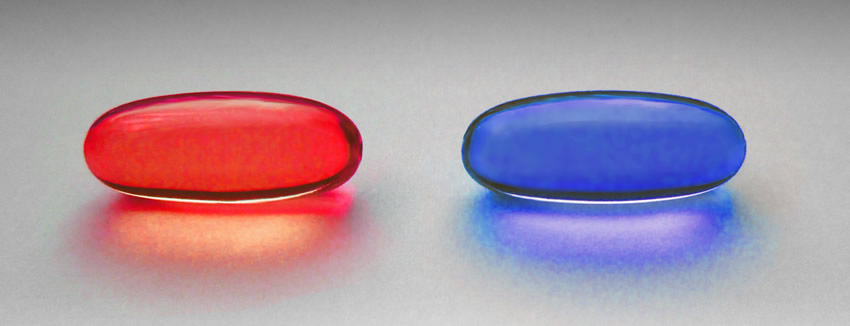
Other Common Ingredients in Nootropics
- GABA: (gamma-aminobutyric acid) Research has shown GABA to work as a natural relaxant and as a way to diminish anxiety.
- Phosphatidyl L-Serine: An important lipid needed for proper brain tissue function.
- Alpha-lipoic acid: Believed to protect the brain and nervous tissue from damage.
- DMAE: It is shown to increase concentration, memory, and thinking skills.
- Huperzine A: Shown to increase the levels of neurotransmitters in the brain, which aid in memory and cognitive function.
- Choline: Essential for optimal brain development and health.
- Vitamin B-3: Essential for brain health and believed to prevent Alzheimer’s, depression, and other neurological disorders.
- Tyrosine: Used by the body to produce neurotransmitters, which are vital for brain function and health.
- Taurine: Deficiency can cause anxiety, hyperactivity, and depression.
- Vitamin B-6: This vitamin aids in the production of neurotransmitters and protects the brain from nerve damage.
- Vitamin B-12: Adequate levels are needed for neurotransmitter production and nerve protection. Low levels are linked to depression.
- Sulbutiamine: Alleviates fatigue.
- Vinpocetine: Supports brain health and protects brain tissue.
- Bacoside A: Protects brain and nervous tissue from oxidative damage.
- L-theanine: This amino acid, naturally found in green tea, produces a calming effect on the brain and is referred to as an alert yet calm sensation.
Warnings
While nootropics can help people be more alert and focused, they do so with the use of psychoactive substances. With all such ingredients, there are some risks associated with them.
Caffeine Warning: Nootropics users should consider caffeine from all sources when taking these supplements. Taking nootropics along with coffee, tea, soda, or energy drinks can put a person beyond a safe daily dose of caffeine.
Drug Interactions: Because of the wide array of herbs and ingredients in nootropics, consumers should be aware of possible drug interactions with their prescription medication. Before taking any brain enhancing supplement, consult your doctor or pharmacist.
St. John’s Wort Warning: Some nootropics contain this ingredient instead of caffeine. St. John’s Wort can have side effects and can be dangerous when used with other medications. Always consult your physician before taking any supplement containing St. John’s Wort.
Not a Substitute for Good Sleep: A good night’s sleep is still the best solution for a sharp and focused mind. Nootropics are not a substitute for good quality sleep.
This new class of smart drugs, otherwise known as nootropics, may offer advantages over traditional energy drinks and supplements, but they still aren’t a substitute for a healthy diet and adequate rest.
Most of the benefits obtained from these supplements can be experienced by consuming a nutritious diet since many of their ingredients are obtained naturally from the food we eat or made naturally by the body that is properly nourished.
However, if you do consume nootropics be aware of the caffeine content and be sure to include them when calculating your daily safe consumption.
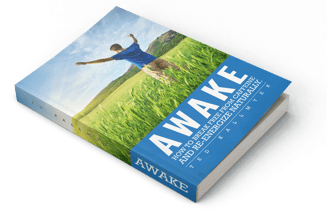
Get Help Quitting Caffeine
Reduce your caffeine intake without pain and discomfort.
Download our FREE ebookReferences
- Abdou, A. M., Higashiguchi, S., Horie, K., Kim, M., Hatta, H., & Yokogoshi, H. (2006). Relaxation and immunity enhancement effects of γ‐Aminobutyric acid (GABA) administration in humans. Biofactors, 26(3), 201-208.
- Xu, Y. J., Arneja, A. S., Tappia, P. S., & Dhalla, N. S. (2008). The potential health benefits of taurine in cardiovascular disease. Experimental & Clinical Cardiology, 13(2), 57.
- Anbarasi, K., Vani, G., Balakrishna, K., & Devi, C. S. (2006). Effect of bacoside A on brain antioxidant status in cigarette smoke exposed rats. Life sciences, 78(12), 1378-1384.
- Lead Image Source: Flickr


